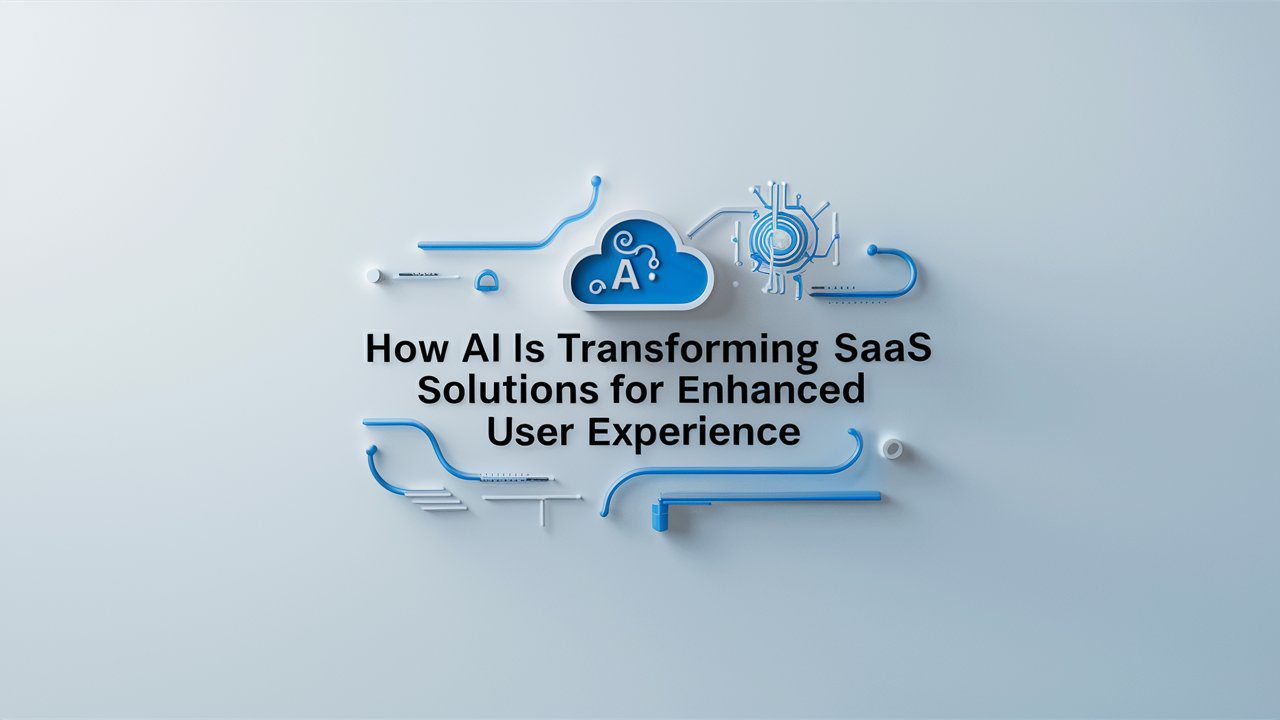Today’s dynamic world of technology can not be imagined without such market leading concept as Software as a Service (SaaS). This model entails that SaaS is available on the basis of subscription and therefore makes it easy for organizations to enlarge or decrease the scale of use, access the software from anywhere, and minimize capital expenditure. However, with an increase in the number of firms that are implementing SaaS solutions, there has been an upsurge in the competition of the providers. Consequently, SaaS platforms are harnessing AI to get an edge in terms of offering not only an optimized and personalised experience but one that is also speedy. AI is not a gimmick that’s bolted onto an SaaS solution to differentiate it, it’s essentially the definition of why modern SaaS gets smarter, more efficient, and more indispensable to users every day. in This Article You Will Get Informed that How AI is Transforming SaaS Solutions, So Read it out Also You Can Checkout Other Blog Posts As Well on The Blog Page of our Platform.
The Evolution of SaaS and the Role of AI

In order to understand how AI is Transforming SaaS Solutions, it is equally important to cast our gaze towards the history of SaaS itself. Originally, the Saas solutions were confined to mere hosting of software functionality on cloud platforms. The main claims of the advertisement’s message were convenience, affordability, and simplicity. However as markets evolved, people started requiring features and enhancements they wanted better integration with other software tools and aps and more customized experience. That is when AI comes into play.
AI can take SaaS platforms to the next level by allowing them not only to perform traditional software operations but also learn from users, understand what users want, and, if necessary, do user’s work. Such a transition to AI-based SaaS solutions is more than disrupting how business is or can be done, and how users operate or can operate interactively with the software.
Personalized User Journeys
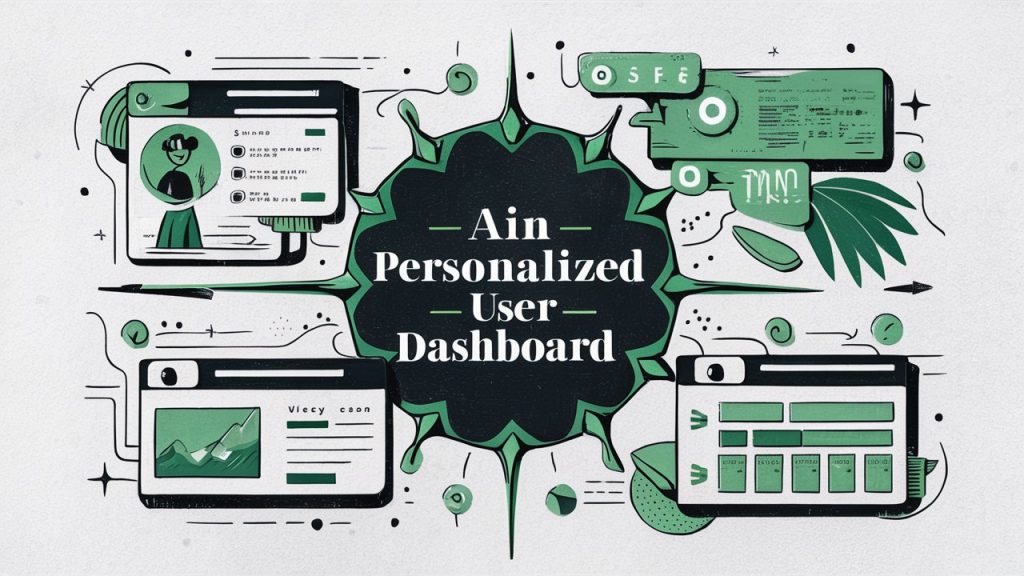
This is one of the many advantages that AI has on SaaS, it makes it possible to develop smart customer experiences. In contrast with standard applications, which have the same look and options for any users, AI-based SaaS apps allow for change by behavior patterns, preferences, and objectives of the specific user. This level of personalization can be shown in different forms, for example in the form of customized instrument panels, on the basis of individual content suggestions, or through intelligent learning curves.
For example, a SaaS for digital marketing might incorporate AI, that will look at the user’s previous campaigns, and give recommendations for strategies that are most probable to bring better results. The more one uses the platform, the more it is able to gather information about the specific field of interest of the individual using it and as a result the later is able to observe high effectiveness in offering back to the user, information that might be of interest to the user.
This is not just an added convenience – it really does make the software feel more ‘user-tuned’, in a way that increases their sense of satisfaction. It is for this reason that users tend to spend a lot of time on such a platform, that is able to provide solutions for challenges that they face in their daily lives.
Intelligent Automation and Workflow Optimization
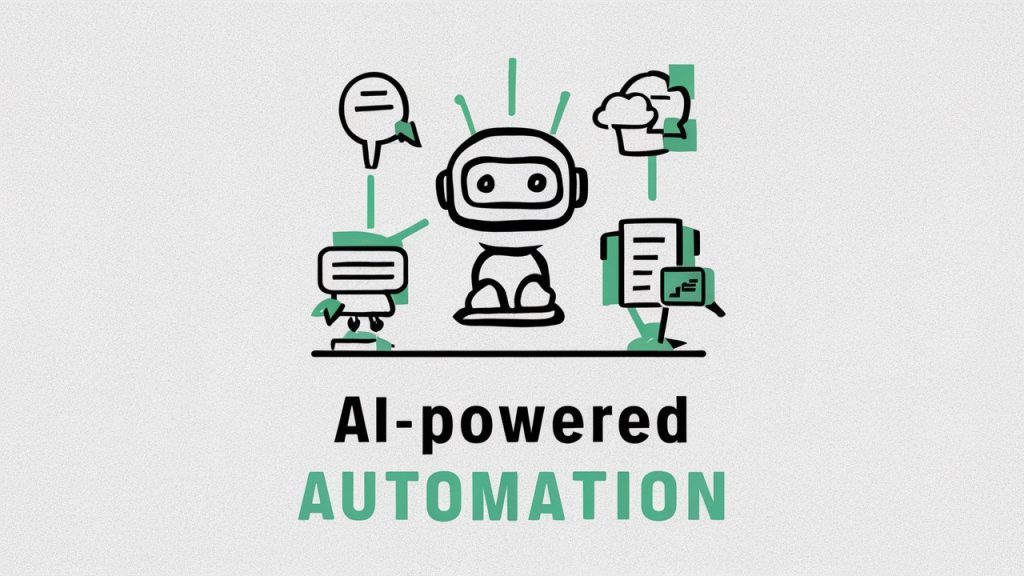
Another of the most significant fields by which We are Saying That How AI is Transforming SaaS Solutions, is Intelligent Automation. Automation has been one of the major hooks to sell SaaS platforms for ages, but AI means that automation becomes even more real and contextual. This means that there are tasks that earlier were done manually and rigorously that can now be mechanized with better efficiency and intelligence.
For example, in customer support, AI-powered chatbots can handle routine inquiries, troubleshoot common issues, and even guide users through complex processes. These chatbots are not just following a script; they are learning from each interaction, improving their responses over time, and even anticipating user needs before they are explicitly stated. This results in faster resolution times, reduced workload for human agents, and a more satisfying experience for users.
Other than customer care, use of AI in automation in bright in such as marketing, sales and operation. In marketing there are some task which can be easily handled by AI these includes –list segmentation, timing of the emails to be sent or content personalization among others. In sales, AI can be used to identify which leads to focus on, estimate the chances of closing the deal, and define what actions the organisation should take with each potential client. AI has varying possibilities in operations that includes managing of supplies and demand, and inventory management.
Advanced Data Analytics for Informed Decision-Making

Being A Part Form That How AI is Transforming SaaS Solutions is, When there is a immense quantity of data available, to sort and make successful the useful analysis is the key factor in this competitive world for any business organisation. AI applications in analyzing data have become a key driver in enabling organisations to source and make decisions from data in SaaS platforms at a very high efficiency. Traditional analytics tools are more of static BI tools which involve creating reports and the act of interpreting them manually; as compared to AI, which can work in real-time and can analyze data as well as come up with real-time predictions.
For instance, think of a SaaS software used in online retail selling. AI is also capable of anticipating which products will be in great demand in the weeks to come, the best price to offer, and which products to offer a promotion on if their data analysis is done efficiently. Such kind of knowledge helps firms to be in a position to address trends, manage their processes, and make objective choices rather than relying on heuristics.
In addition, AI-based analytics could reveal opportunities as well as threats that a business organization might not have been aware of at all. For instance, an organization employing human resource software to monitor and measure performance of its employees, AI could be used to determine when the employees are likely to be burning out or losing interest in work. Likewise, they use AI to analyze the numbers in order to find out something suspicious or an ineffectiveness in the financial system.
Enhancing Customer Support with AI
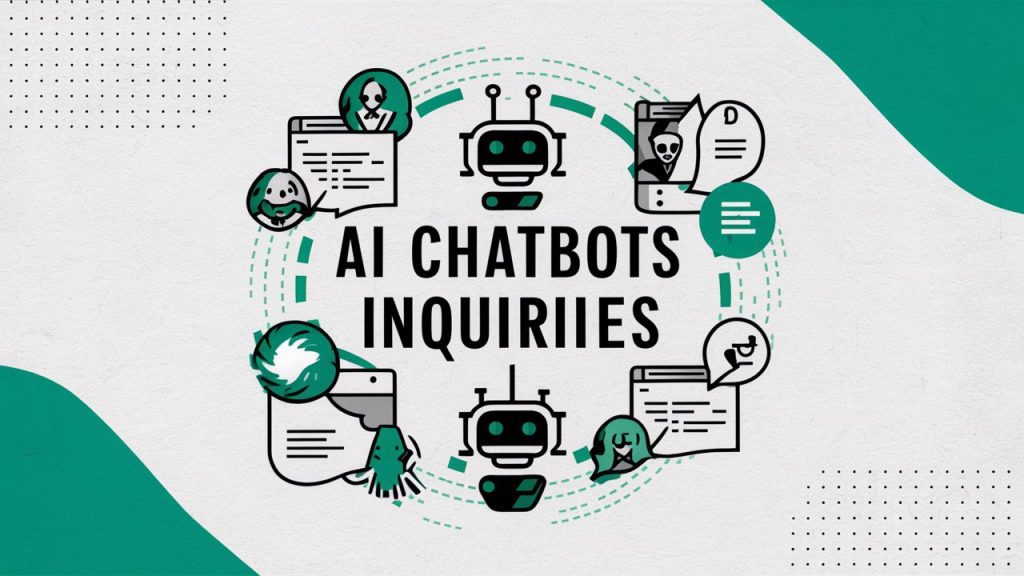
The client service is that the interface of the user and the provider in context to the SaaS company, and therefore is quite a vital fragment of the course of action. Conventional techniques of supporting customers mean that clients’ requests are dealt with by human operators therefore being slow, incon herent, and expensive. AI is altering this through giving the actual customer support system that is not only available round-the-clock or in any other word large-scale, but also effective.
It is possible to state that the AI-powered chatbots and virtual assistants are capable of functioning in most of the capacities previously held by customer support representatives. These systems have the ability to process text in natural language and answer to the query that a user puts in a manner that a human would do.
Moreover, it also can monitor previous conversation patterns to respond to users and predict what they want. As for cases which need the human interaction, AI can contribute and give the support agents some background, possible solutions, and even ready text for the reply. Apart from accelerating the resolution process, then I can also make sure that the users get a consistent and accurate kind of support no matter the time of day or the traffic.
Predictive Maintenance and Continuous Improvement
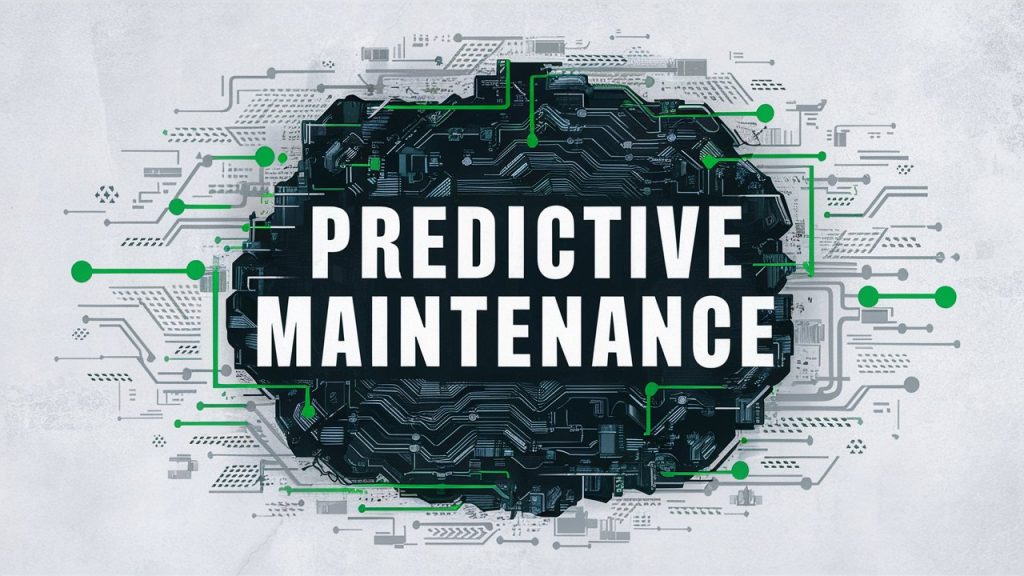
From The How AI is Transforming SaaS Solutions. The capability of the model to be proactive in recognizing and addressing troubles ahead of time is especially useful in the SaaS business. Predictive maintenance is similar to its namesake in the mechanical field; it applies machine learning techniques to analyze the behaviour of software applications and to systematize the search for possible weak points that may pose a threat to the system’s usability. This approach eliminates the occurrence of such scenarios where users are affected by system breakdown and reduces considerably the emergency repairs, hence, users are always happy with what has been provided to them.
As such, for any SaaS providers, predictive maintenance is not a process meant for merely ensuring that disruptions do not happen; but to also enhance the platform’s functionality. Gathering usage data allows the AI system to define in which aspects the application can be optimized, improved in terms of usability, or enlarged. SaaS enables the provider to release updates and improvements that are specific to the customer’s wants and desires.
Apart from just ensuring that software maintain itself AI can also look at different predictive models of when users may require more features, an upgrade or user training. When provided at the right time, SaaS providers can use them to improve the overall experience and thus the satisfaction and retention of customers.
The Ethical Considerations of AI in SaaS
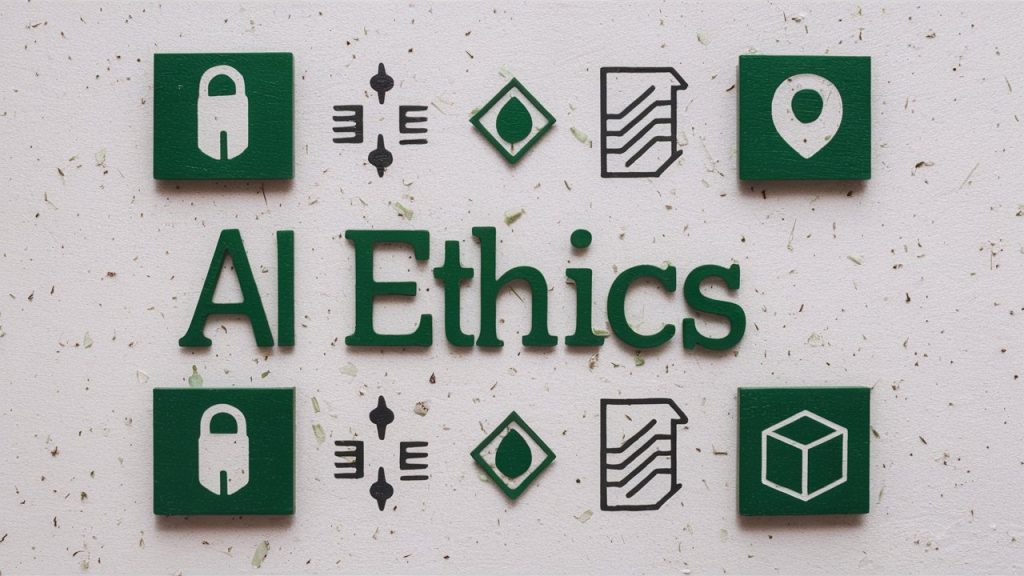
Needless to say, the positive effects of AI in SaaS are obvious, yet major ethical issues should also be resolved. More concern is given to data privacy because Artificial Intelligence applications are data intensive hence call for data privacy. It is therefore crucial that SaaS providers collect, store and process among other things this data in a way that is compliant with the law as well as users’ right to privacy.
The last concept is that of transparency. This is why users require to know the usage of AI in their day-to-day SaaS platforms, more much, the way it makes decisions. That is, in cases where an AI system is deciding, for instance, which content to show or which support issues to address first, the users should have insights into how such decisions are arrived at. For AI-related features of the platform, such transparency helps in building the trust and user’s comfort with the application.
The last issue is the one that relates to the balance between the use of automation and the human’s control over it to some extent. But one thing to remember is that – not to allow organizations to get trapped with the efficiencies that AI can bring: it’s good to avoid certain pitfalls that would subsequently make organizational work go Wrong. In order to overcome this problem human intervention is required in the loop so that decisions made by Algorithms and AI are in the major goals of the organization and in the welfare of the users.
The Future of AI in SaaS: What to Expect
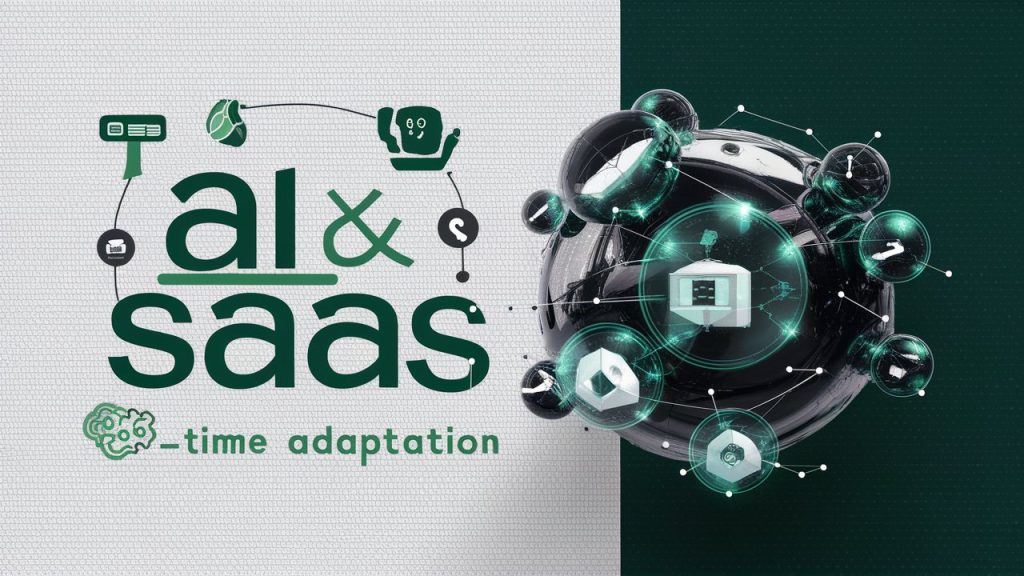
As you Got That How AI is Transforming SaaS Solutions Now What Should Be The Future of The SaaS and AI, So For That Here Are Some Points To Be Noted Foe the future of The SaaS And AI, It is for these reasons that we project the importance of AI to further increase in the future of SaaS. In the future, we may have personalisation that goes much further, a closer integration with the Internet of Things and AI systems that learn and adapt to the context in real time.
And for customers, this means a more and more natural interaction where the software tools appear to be an extension of the task or problem solving capabilities of the users. The tasks such as those that used to be done through series of process and probably needed the operator to intervene will now reduce thus creating time for the users to engage in more productive tasks that could possibly add more value. Further, with the support of the AI system, users will get better recommendations to improve their choices, performance, and eventually gain success.
For SaaS providers, constant incorporation of AI is the ongoing trend to gain the competitive advantage. Those that bet on AI innovation will be in a good place to win customer attention and loyalty, and the future opportunities that will be created in the market. But this also means that the competitor bar for user experience is being set. As the technologies advance, users will expect such considerations as being normal on the SaaS providers’ technology interfaces; therefore, it is crucial to keep up with the innovation progress.
Final Thoughts
Stop considering Artificial Intelligence as a trend; it’s a revolution in the means through which SaaS platforms are developed, launched, and consumed. SaaS providers have a perfect opportunity to unveil new features, increased levels of personalization, optimization, and general intelligence of the solutions they offer to their users. It is thus mathematically impossible for AI to run out of steam as far as SaaS technology is concerned in future. Thus, from experience maps, intelligent automation, and analytical tools, AI is now reshaping SaaS applications in more of a user-friendly and strategic viewpoint.
For businesses looking to stay competitive in today’s digital landscape, embracing AI-driven SaaS solutions is no longer optional—it’s essential.

